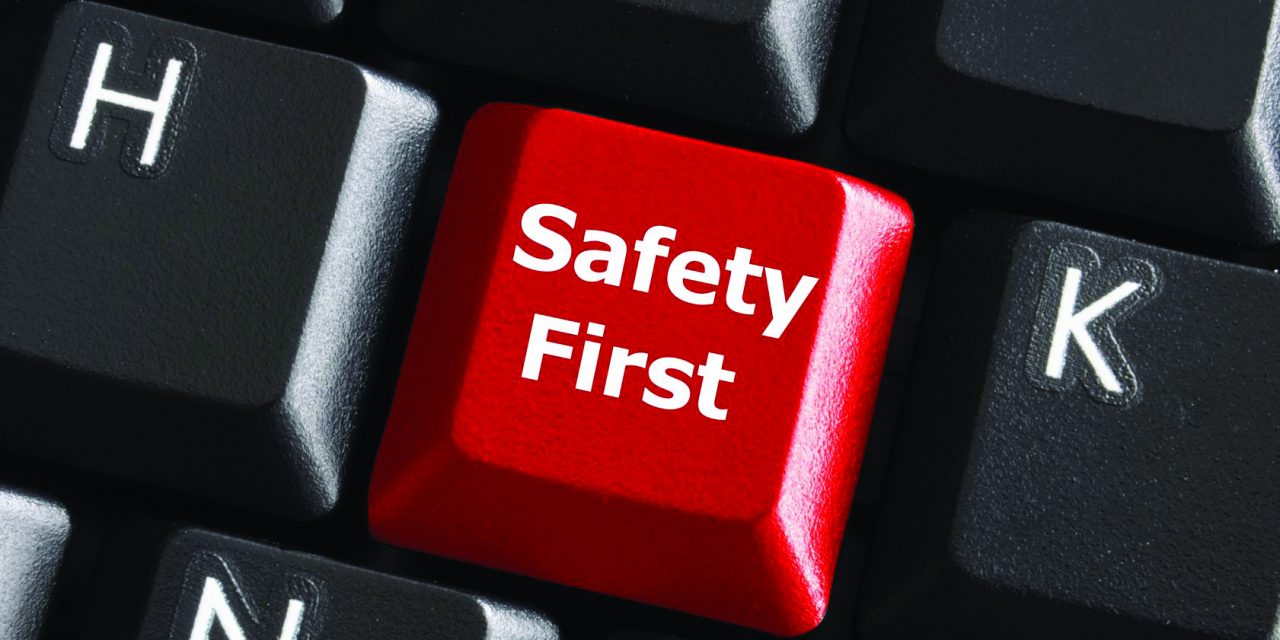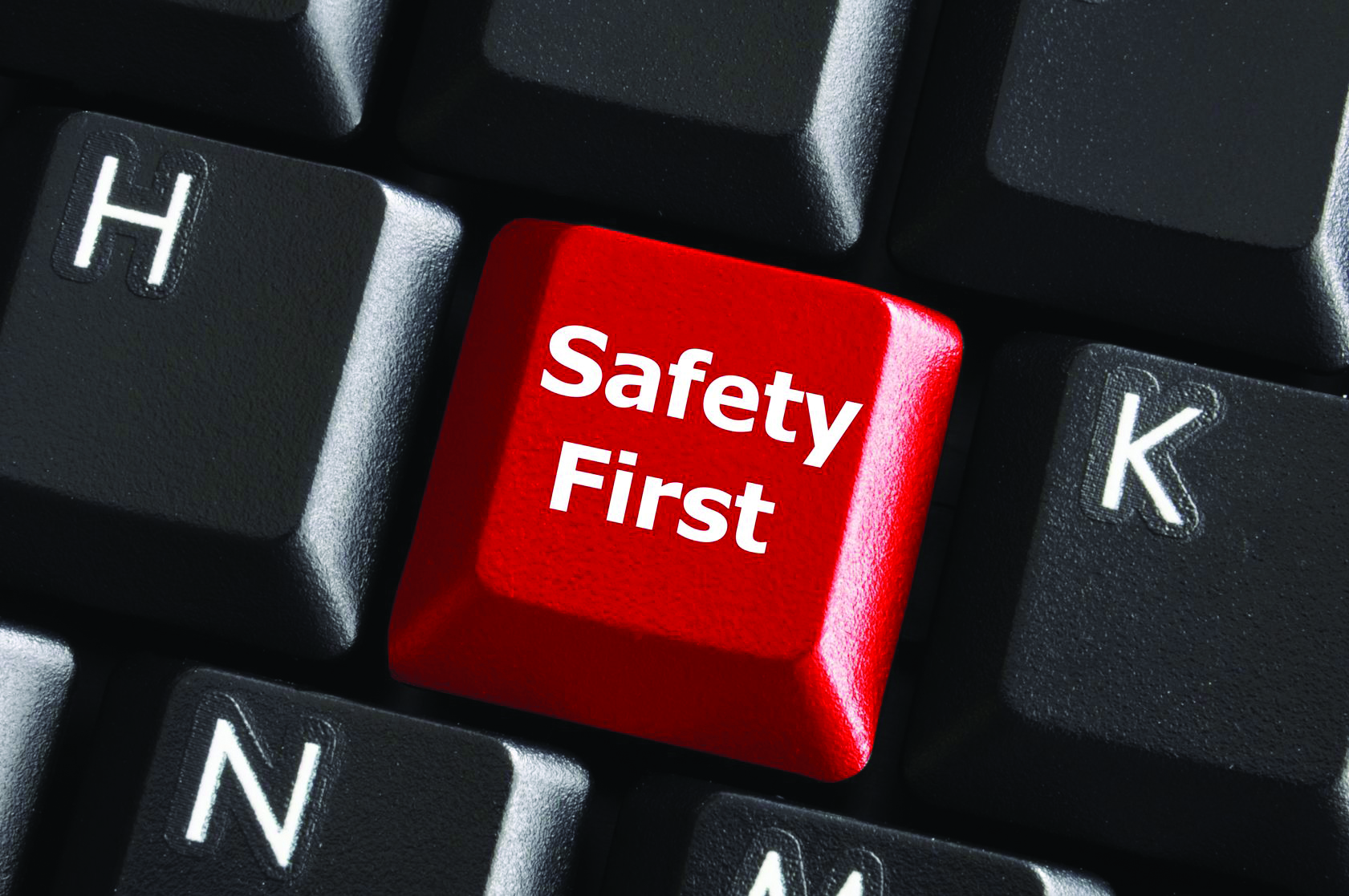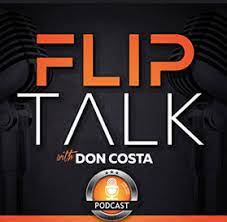How to spot scams, what to do when you get taken advantage of, and how to stand out from the scammers…
SPECIAL TO REALTY411 MAGAZINE
BY TIM HOUGHTEN
Real estate fraudsters seem to be ignoring the fact that criminals from the last housing boom are still being sent to prison for lengthy terms as some types of fraud rocket by double digits in 2018.
Not only does this put individuals and families at risk of losing their entire life savings, but is making it very challenging for the good guys and girls in real estate to stand out and help those who really need the benefits of investing.
Here’s the 411 on the current state of the market, and what you can do about it…
Real Estate Fraud in the News
Top types of real estate fraud in 2018:
- Ponzi schemes
- Rental property fraud
- Income fraud on mortgage applications
- Occupancy fraud
- Transaction fraud
Many Ponzi scheme perpetrators are still being investigated and tried for their roles in defrauding investors in scams running from 2004 to 2008. For example, radio show host Rick Koerber of Utah, was just found guilty of 15 counts fraud in a $100M scheme.
Another, Nik Patel, planned to turn his $179M of dirty money made in real estate into diamonds. He was caught trying to flee the country after selling fake loans.
James Jeffrey Hinkeldey of Scottsdale, AZ, was recently sentenced to 30 years and five months in prison for conning 225 victims in a scam running from 2006 to 2012. “Hinkeldey and his co-conspirators promoted their fraudulent investment schemes in seminars, magazine articles, radio broadcasts, and private offering documents to give the fraudulent investments the appearance of legitimacy,” according to a press release by the Office of the United States Attorney.
Francisco Plascencia Esparza of Southern California just received a very lenient 6 year sentence for a $12M Ponzi scheme in which he used investor money to pay for his fancy lifestyle.
Dawn Forman of Rising Dawn Properties in Southwest Florida recently duped a couple and their young son out of months of work on remodeling a property, has been shuffling deeds on other rental properties to avoid taxes and obtain better mortgage loans, while diverting funds milked from equity to personal investments offshore in Roatan, Honduras.
While many REALTORS® continue to insist this market is far different and safer than in 2006, we are still seeing many of the same trends. That includes higher inventory levels in some cities, speculative buying and building, rising interest rates and spiking mortgage fraud.
According to new data from CoreLogic, at least one in every 109 mortgage applications has signs of fraud. Mortgage risk for lenders and note buyers from false income statements is up over 22% year over year. The biggest rise since the last housing market crash. 24/7 Wall St. reports that mortgage fraud risk has risen for seven straight quarters in a row.
How to Protect Yourself & Loved Ones from Real Estate Fraud
The impact on the lives of victims of these schemes can be devastating. It can rob them of a lifetime of savings and sacrifice. It can steal the opportunities they had created for their children and grandchildren.
If we allow it to continue, then there will be no good players or safe investments. Fear of being scammed will destroy the industry, belief in real estate as an investment and in homeownership as a smart move. That will rob our country of millions of jobs, and wound the economy far more deeply than most of us can even imagine.
Here are just some of the things we can all do to stay safe and help to protect others.
- Get Educated
Know the common scams in the market, as well as what to look for in good investments.
- Due Diligence
Always do your own due diligence. It’s ridiculously easy to put up a website, post some fake ads online, and print glossy materials for fake investments. People are trying to sell properties that don’t exist, or rent and sell properties which aren’t theirs. Do your homework on the property, the sponsor, seller, and any vendors. Don’t just look at online reviews and testimonials. Look for recorded paperwork and official records, even when you are renting a property or are looking at seller financed deals.
- Get a Second Opinion
Don’t be shy about getting a second set of eyes to verify what you are seeing, or raise questions you may have overlooked.
- Let Others Know
If we know about fraud, we have some responsibility to warn others. It’s why we are publishing this piece. We care about individuals and the industry. Sometimes it can be highly risky to sound the alarm. Bad players can work the system and may be able to afford expensive lawyers with their millions in ill gotten gains. Yet, all it takes for evil to win is for good people to do nothing.
- Don’t Put All Your Eggs in One Basket
No matter how well you vet an investment, don’t put in more than you can afford to lose. Sometimes even the weather and market can work against you. Today, one of the biggest risks, even more than fraud, is that the majority of industry personalities and sales people have only been in since 2008. They don’t know how to manage market changes and don’t have the experience to create sustainable businesses and investment models. Stay diversified.
- Positive Peer Pressure
One of the most vital and powerful ways to fight fraud and keep those you love safe is to stay engaged with positive peer pressure. Do the right thing. Be proactive and go out of your way to support ethical businesses and entrepreneurs. Otherwise they simply won’t survive.
What to Do if You Suspect Fraud
Walk away. If you don’t feel comfortable, just get up and keep going.
However, before rushing to action, be sure there is fraud. This is no joke and unfortunately our country has completely turned its back on the presumption of innocence until proven guilty. Today it is the opposite.
With California recently doing away with bail, an innocent individual can wind up in jail awaiting trial for years, even if they are completely innocent and there is no real evidence against them. That’s a tragedy. In the meantime reputations are irreparably destroyed, families are broken up, and innocent spouses and kids may go homeless and hungry. That is not something to play with, no matter how much you are upset at someone.
So, be very, very careful about making accusations. Give the benefit of doubt when it is due.
The first, and best thing to do if you suspect fraud is to get a lawyer. Get a real estate lawyer who is great at their job. Find out your rights. Find out the potential harm filing a lawsuit can do to you and your family. Just be wary of feeding even more money to attorneys and ultimately losing more in the process. Yet, you had better get reliable legal advice before making a single phone call, sending an email, or getting into a verbal confrontation, or slandering someone online.
If you do have evidence of fraud, you have given the culprit every opportunity to make it right, then you probably have a responsibility to warn others. That may be online, by filing a public lawsuit, reporting them to the state attorney general’s office, real estate board, and the FBI’s mortgage task force.
How Can Honest Investors & Educators Keep Helping Others?
We have a huge need for honest and ethical real estate educators, investors, syndicators and turnkey property providers. Unfortunately, it is becoming harder and harder for them to stand out and stay in business.
Malicious individuals are fast to try and file frivolous and fake lawsuits against good players and businesses. The fake claims of the bad players can seem too appealing for investors to choose the honest ones. It’s almost gotten to the point where renters, homebuyers and investors are just paralyzed with fear of being taken advantage of. It’s so hard for the good professionals and companies to stay profitable.
So, first, if you are serious about doing good business and staying in business, refuse to sacrifice your values. You can win in the long run, if you keep doing the right thing. You will get repeat business and referrals. You’ll be the ones still standing when everyone else is in jail.
Don’t do something just because “everyone else is doing it”, or because it looks like everyone is getting away with it. Don’t play in the gray areas. Don’t associate with those doing shady business. You can put money on the fact that as soon as the market flinches again the government and regulators are going to need a lot of scapegoats. If you are even associated with people that are a little dirty, expect the FBI in your home and office and to rip your life apart. Even if you are innocent, that can be the end of your career and reputation, not to mention your income.
If you aren’t sure, make sure you always have a good and ethical real estate attorney on call to run your ideas and transactions by. Disclose, disclose, disclose as much as possible, just to stay on the safe side. Associate with and align your business with those who are doing things the right way, even if it doesn’t look as lucrative in the short term.
Make sure you differentiate yourself in your branding, marketing, and presentations from those who are scammers. Build trust. Do what you say, and treat people well, and it will pay you long term dividends.
Have fraud stories? Have you been a fraud victim or think you’ve encountered a scam?
Let us know! Let us help investigate and report on it to warn others. Contact us if you or someone you know has been a victim: 805.693.1497























